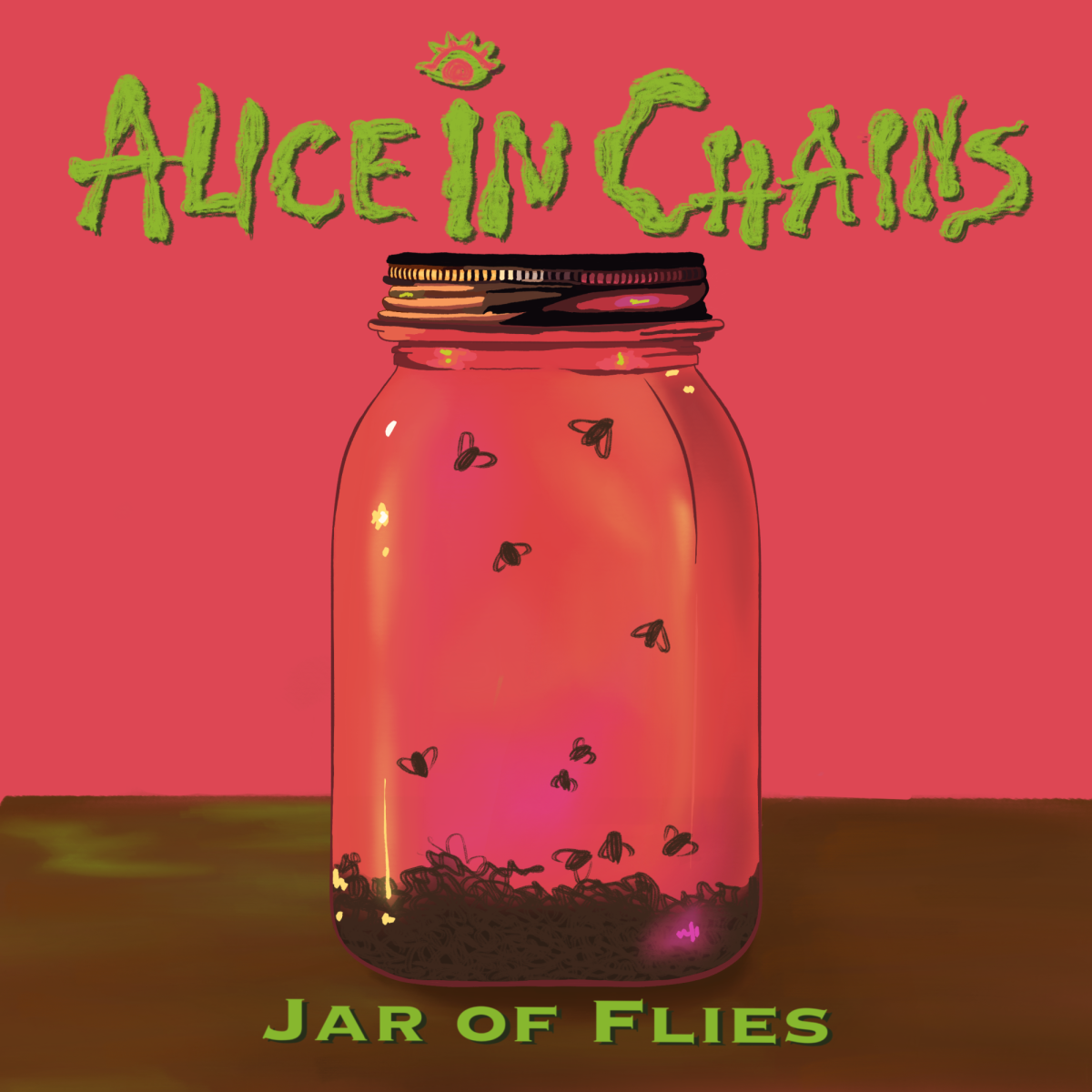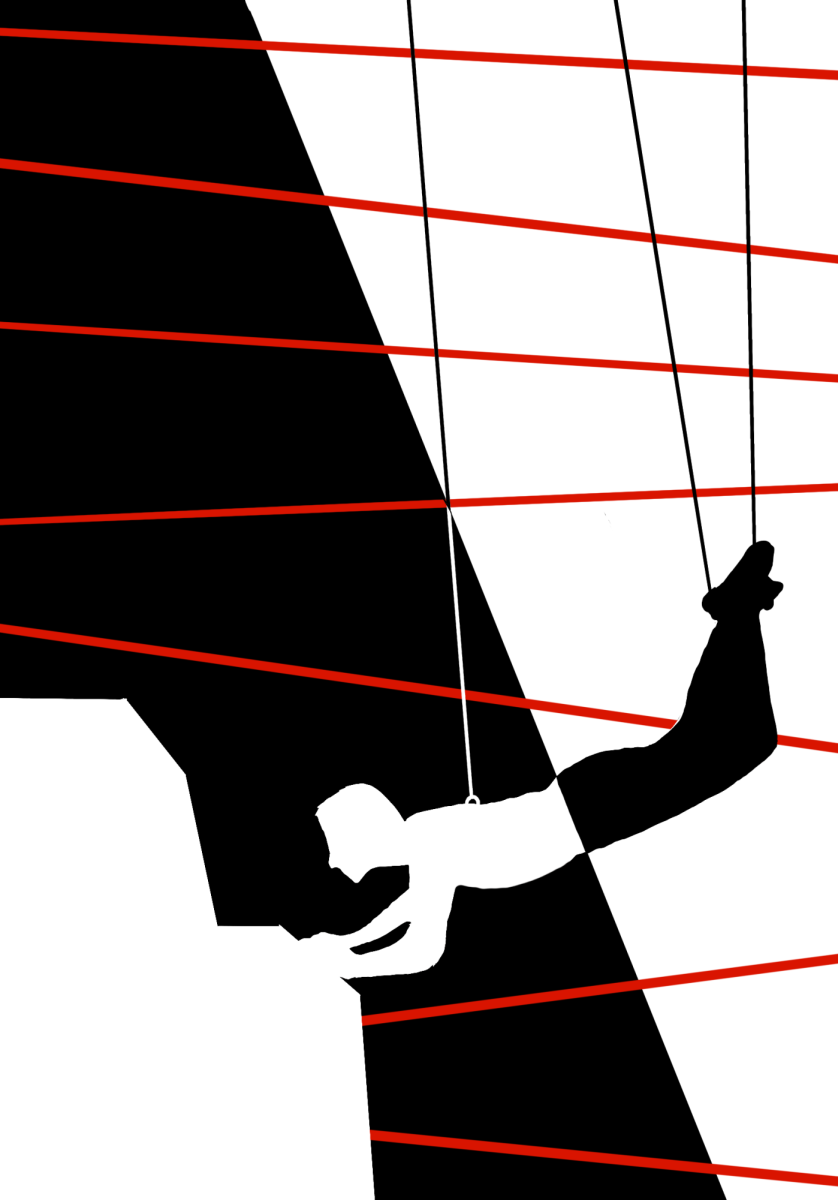In journalist Kayleen Schaefer’s novel Text Me When You Get Home: The Evolution and Triumph of Modern Female Friendship, the history and future of female friendships are explored and celebrated through multi-generational pop culture references. Published Feb. 6, 2018, Schaefer’s novel exhibits an intriguing collage of autobiographical recounting and over 100 interviews with women from her life, celebrities and other well- known female figures from history and the present. In this era, when femininity itself is being called into question and the quality of relationships between women is wildly stereotyped, Schaefer challenges popular beliefs about women and emphasizes the importance of solidarity and friendship, even in something as simple as a text.
Schaefer expends notable energy on bridging the gap between previous generations and modern audiences to showcase the progression of female friendships over time. Although her insistence on exploring each friendship meticulously can become overwhelming, each aspect of the relationship she examines, whether it be her mother’s friendships or those of notable figures such as Julia Child or Oprah Winfrey, strengthens her claim that friendships between women have not always been priorities, but will become increasingly important.
Additionally, Schaefer explores friendships in many different platforms of media, including television shows, magazines, books and letters, all from different eras and often compared to one another. Placing classic shows like The Golden Girls next to Friends and even more modern examples like Parks & Recreation, Schaefer sheds a unique light on the quality of female friendship and its significant growth over time. Using such a wide variety of examples opens up the book to a conversation between readers of all ages and walks of life, each of whom can find something in the material relatable to their personal lives.
Another topic Schaefer centers on is young adult female relationships, which have been increasingly stereotyped in the modern era as “catty.” Dissecting relevant material, such as the movie Mean Girls, and revealing personal struggles with popularity and confidence in her youth, Schaefer reveals that the root of relationship issues between women begins at an early age when young girls are taught they must compete with other girls for everything. No girl is inherently mean, and as Schaefer emphasizes, as long as society keeps enforcing that stereotype, no girl will believe being nice or having respect will get them anywhere in life.
Throughout her many themes and examples, Schafer makes one thing clear: in the face of career struggles, relationships with men and life’s challenges, her female friendships have been the most important and stable. She systematically proves how a solid network of female friends can help modern women through any social, economic, political or personal crisis and help them achieve their life goals. This book is first and foremost a champion for women’s confidence and support for one another.
Schaefer validates female friendships like never before and encourages women to believe in the power of one another and the influence strong female relationships can have on our society as a whole. I would recommend that all women, even young adults, read this book.


















